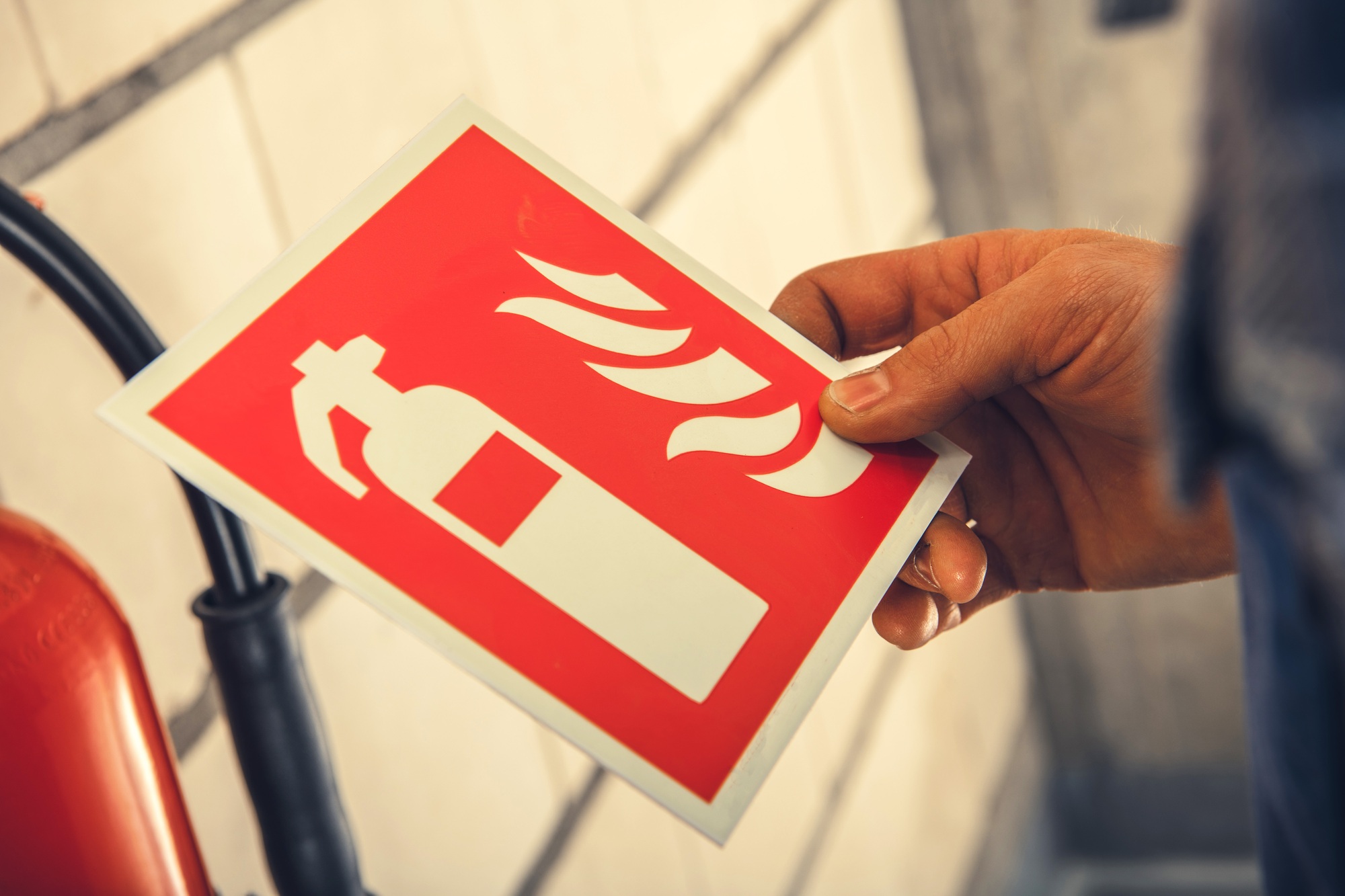Fire safety is a critical concern for businesses and organisations, particularly in environments where large groups of people gather. Schools, hotels, offices, and other commercial spaces must prioritise fire prevention to protect lives and property.
But do you know what to look out for in regard to fire safety?
One of the leading causes of fire incidents in the UK is electrical faults, which are often preventable with the right precautions.
At M7 London, we are committed to helping businesses and public spaces comply with fire safety regulations and implement the best electrical safety practices. If you have any concerns about your premises or its electrical safety, do not hesitate to seek expert advice.
Understanding Electrical Fire Risks
Electrical fires pose a significant risk to buildings and their occupants. Faulty wiring, overloaded circuits, and outdated electrical systems can all contribute to dangerous fire outbreaks. What may seem safe can actually be a fire hazard. Let’s have a look at some common causes of electrical fires:
- Faulty Wiring: Old, loose, or damaged wiring can overheat, leading to sparks and fire hazards.
- Overloaded Sockets and Extension Leads: Plugging too many appliances into a single outlet increases the risk of overheating.
- Poor Maintenance of Electrical Systems: Neglecting regular inspections can lead to undetected faults.
- Defective Electrical Appliances: Faulty equipment can generate excessive heat, leading to combustion.
- Incorrect Use of Electrical Equipment: Using appliances beyond their recommended capacity or in unsuitable environments (e.g., damp areas) can trigger fires.
The Importance of Electrical Inspections
One of the most effective ways to prevent electrical fires is through routine electrical inspections. UK fire safety regulations require businesses and public buildings to maintain safe electrical installations to ensure compliance, detect potential hazards, and reduce fire-related disruptions.
So, if you work in an office – when you arrive at work take a few minutes just checking sockets and appliances. Even a regular brief check by those using the equipment can be very useful and important. Once again – like so many, being unsure about the safety of the equipment we use so regularly can be a hazard.
At M7 London, we offer thorough safety inspections and advice to help businesses maintain compliance and prevent risks.
Fire Safety Regulations for Businesses
Fire safety laws in the UK are strict, and businesses must comply to avoid fines and, more importantly, to safeguard lives. The Regulatory Reform (Fire Safety) Order 2005 places the responsibility on employers and building owners to ensure their premises are fire safe.
Key Responsibilities for Business Owners:
- Conduct a fire risk assessment and update it regularly.
- Install and maintain fire alarms and emergency lighting.
- Ensure electrical installations are tested periodically.
- Provide fire safety training for staff.
- Always keep escape routes clear and accessible.
Neglecting these responsibilities could result in severe legal consequences and endanger lives. If you’re unsure whether your electrical systems meet safety standards, contact M7 Electrical London for professional guidance.
Fire Safety Tips for Businesses and Public Buildings
To minimise fire risks in schools, hotels, offices, and other high-occupancy buildings, implementing proactive fire safety measures is crucial.
Essential Electrical Fire Safety Tips:
✔️ Do not overload electrical sockets.
✔️ Regularly check wiring and replace damaged cables.
✔️ Unplug appliances when not in use.
✔️ Schedule periodic electrical inspections.
✔️ Train staff on fire prevention and emergency procedures.
✔️ Keep electrical areas clean and free from flammable materials.
✔️ Invest in fire-rated electrical equipment.
Protect Lives – Act Now
Fire safety is not just about compliance; it is about protecting lives. Schools, offices, hotels, and other buildings with high foot traffic must prioritise electrical fire prevention.
Get in touch with M7 London today to discuss your concerns and ensure your building is safe from electrical fire hazards.

